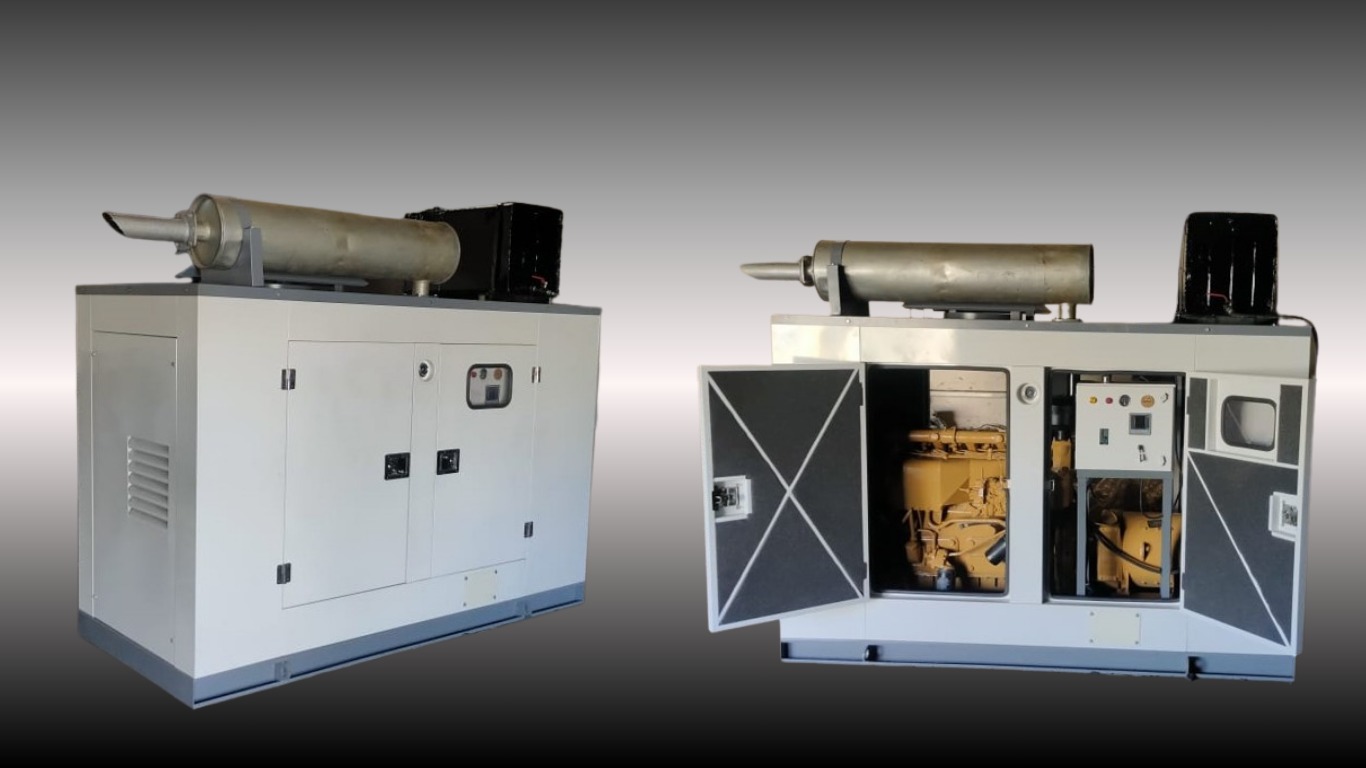
Acoustic Enclosure

Unless you live far from high traffic and big city life, the thought of sound barrier walls may not cross your mind. Outdoor acoustic panels provide a variety of benefits for workers, residents, travelers, and local wildlife.
Whether sound levels above 85 decibels come from a busy roadway, commercial HVAC equipment, electrical transformer noise, generators, or busy warehouses, such sound levels can be dangerous to human health and wellness.
Many municipalities and government bodies across the globe enact regulations and ordinances limiting the level of noise in their communities.
What Does An Acoustical Enclosure Do?
These structures reduce noise by offering outdoor soundproofing. Acoustic panels or enclosures get rid of offensive noise by dampening it. Sound waves above 85 decibels are harmful to individuals living near highways and can lead to headaches, increased allergy symptoms, insomnia, and other health concerns.
Acoustic enclosures reduce these problems and help local governments adhere to strict federal noise ordinances.
Generally, any enclosure that is classified as “acoustic” is designed specifically to reduce, minimize or eliminate sound emanating from a specific source or sources.
The most common type of outdoor acoustic panels include a series of noise canceling or reducing panels useful for helping commercial and industrial companies maintain compliance with local and national noise ordinances.
These panels create quieter environments where individuals can work safely away from equipment noise or to enclose equipment to protect nearby workers from loud sounds.
For indoor applications, acoustic rooms may provide quiet spaces for people to meet or operate businesses without traffic noise, HVAC noise, or utility equipment interfering.
Decibel Levels of Typical Construction Equipment
- Logging equipment like chainsaws – 110 decibels
- Hammer drills – 115 decibels
- Construction tools like jackhammers – 100 decibels
- Chop saws – 105 decibels
- Industrial acoustic panels reduce vibration effects
What is an Acoustic Engineer?
An acoustic consultant or engineer is the person who investigates and solves problems with noise. This person must go to college and get a graduate degree in a particular engineering field.
These experts may study electrical, mechanical, civil, audio, human factors, or other engineering fields.
They work in various jobs as an environmental sciences engineer, audio sound specialist, building designer, underwater sound management specialist, or highway design engineer.
They collect, conduct tests, and study data, head projects to mitigate sound, give lectures on various engineering topics, or work with business owners to develop a feasible construction plan to create project blueprints.
Acoustic engineers use the data they collect to develop effective strategies to reduce noise levels. They help businesses protect workers from commercial equipment noise, and they help residents who live near loud generator stations and freeways.
Reducing noise levels improves the quality of life for animals, local residents and improves employee health.
